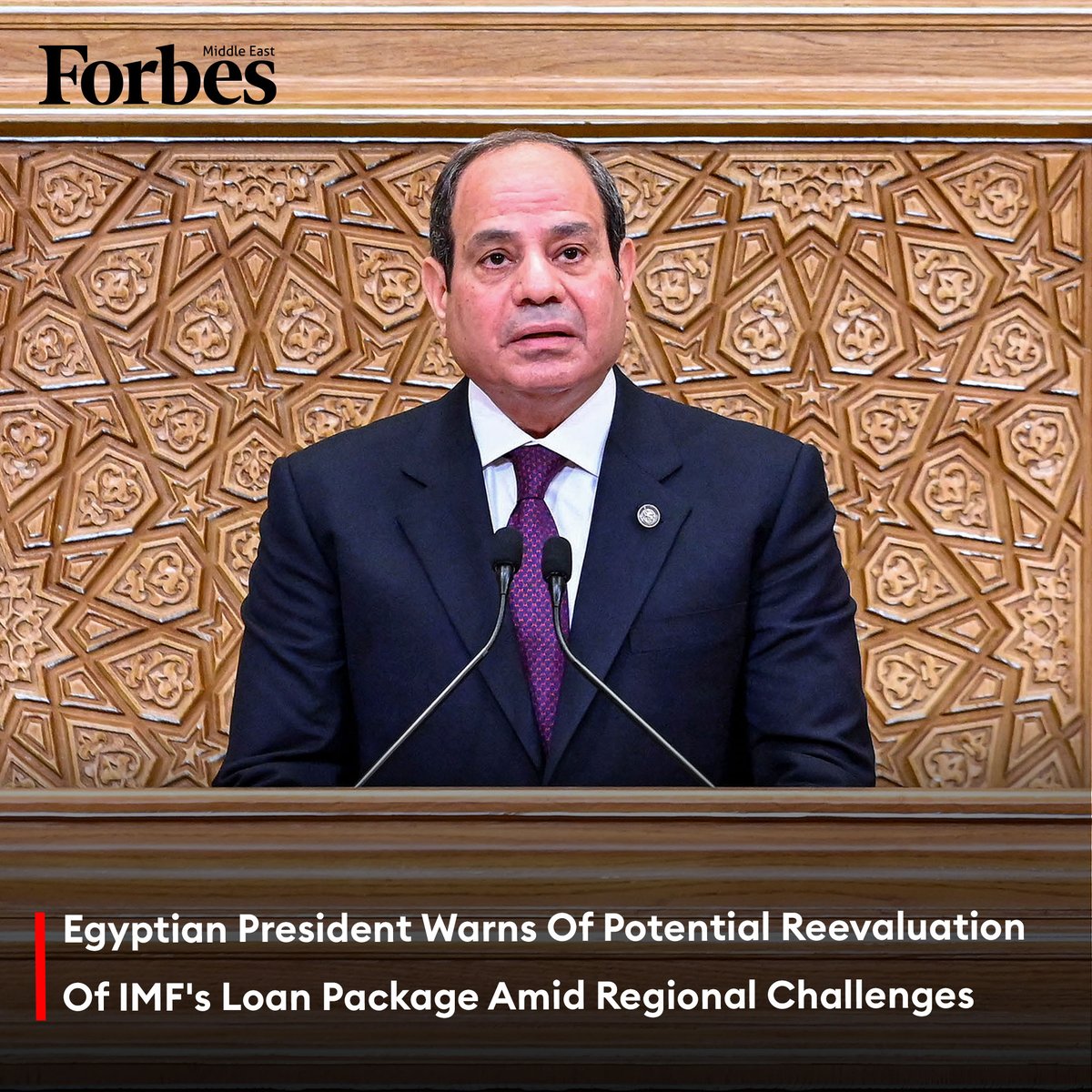
The IMF deal, signed in late 2022, aimed to bolster Egypt's struggling economy through a $3 billion support package. It required significant fiscal reforms and devaluation of the Egyptian pound, which has contributed to the current economic strife. Since the deal was implemented, inflation has surged, reaching 36.5% in September, according to official statistics. This dramatic rise in prices has intensified the burden on citizens, who are grappling with the soaring costs of basic necessities such as food, fuel, and healthcare.
El-Sisi's remarks reflect a growing sentiment among the public and economists that the original terms of the IMF deal may need adjustment to better align with the current economic climate. While the government has historically resisted external pressure, the stark reality faced by citizens might prompt a reassessment of the fiscal policies dictated by the IMF. This potential shift in stance is crucial as el-Sisi seeks to maintain stability amid widespread protests and criticism.
Economists have expressed concern about the viability of the existing IMF program in light of the current economic landscape. The deal was premised on certain assumptions about the pace of economic recovery, foreign direct investment, and tourism rebound, which have not materialized as anticipated. Additionally, geopolitical factors, including the war in Ukraine and global supply chain disruptions, have further complicated Egypt's economic recovery efforts. These challenges have sparked debates among policymakers about the efficacy of stringent measures imposed by the IMF.
Public frustration has been palpable, with reports of protests and civil unrest emerging in various regions. Citizens have taken to the streets, demanding better living conditions and affordable prices. The Egyptian government’s response to these demonstrations has been a mix of dialogue and increased security measures. The authorities are keen to prevent unrest from escalating while addressing the legitimate grievances of the populace. The call for a review of the IMF deal is being viewed as a strategic move by el-Sisi to defuse tensions while demonstrating responsiveness to the economic hardships faced by everyday Egyptians.
The economic pressures are not confined to the inflation rate alone. The depreciation of the Egyptian pound against the US dollar has led to increased costs for imported goods, further exacerbating the situation. The currency's value has dropped significantly since the implementation of the IMF program, prompting a critical assessment of the policy measures being enforced. A reevaluation of the deal could provide an opportunity for the government to negotiate more favorable terms that reflect the current economic realities.
Analysts predict that any changes to the IMF agreement would likely involve more comprehensive support from international lenders to address the underlying issues affecting the Egyptian economy. This could include discussions around debt restructuring, increased liquidity provisions, and measures aimed at stimulating investment and growth. The IMF has signaled its willingness to engage in discussions if the Egyptian government formally requests modifications to the existing agreement.
Meanwhile, the social implications of the economic crisis continue to surface. Rising unemployment, especially among youth, coupled with diminished purchasing power, has sparked discussions around social safety nets and support mechanisms. The government has been urged to implement targeted assistance programs to cushion the impact of inflation on vulnerable populations. These measures could not only alleviate immediate hardships but also foster a sense of stability and confidence among citizens.
The evolving situation highlights the complex interplay between economic policy, social stability, and international relations. El-Sisi’s acknowledgment of the pressures on Egyptians indicates a potential shift in the government's approach to addressing the crisis. Observers note that while negotiations with the IMF may provide temporary relief, sustainable solutions must be sought to foster long-term economic resilience.
As Egypt navigates these tumultuous waters, the government's ability to balance external obligations with domestic needs will be critical. The response to el-Sisi’s recent comments will be closely monitored, as they may signal a pivotal moment in Egypt's economic journey. The public's response to the government's actions in the coming months will likely play a significant role in shaping the political and economic landscape.
Topics
MENA
